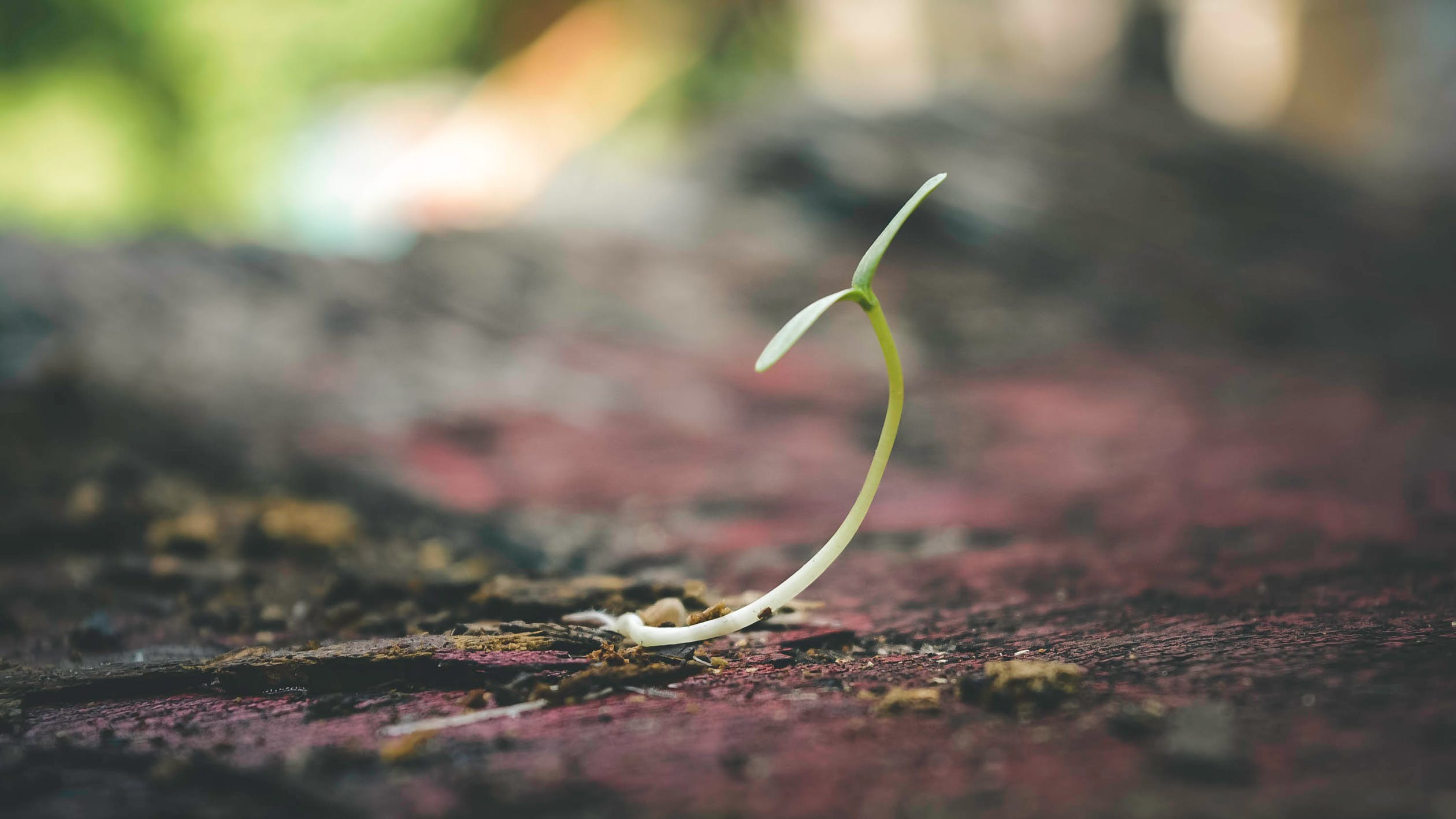The Right Question
“I feel especially in the West, there is a lot more of like, ‘Oh, my God, what will happen because of this A.I.?’” Mr. Nadella said. “And it’s better to sort of really say, ‘Hey, look, is this actually helping you or not?’”
Microsoft Considers More Limits for Its New A.I. ChatBot
It’s impossible to overestimate the premium American culture places on “STEM.” Funding goes to prioritize science, tech, engineering and math in schools and universities. Parents want their kids to get STEM jobs. “Science” (for which “Scientism” would in most cases be a more accurate term) is offered up as the standard for clear thinking, policy decisions, and even moral reasoning.
The unthinking embrace of STEM is like an overdeveloped muscle, leading to imbalances and stresses in other parts of the body politic. Faced now with an A.I. development race that many voices decry as a serious threat, we’re totally unequipped to face the challenge.
We could, however, direct our attention to the disciplines that prioritize the kind of knowledge and reasoning needed: the humanities. In her article for Real Clear Education, Liza Ashley offers a succinct discussion of what’s at stake:
Over the past 40 years, Western education has emphasized math, engineering, and invention, while neglecting the disciplines that allow us to cope with their creations. We are more equipped than ever to disrupt entire economies and ways of life with technology and less equipped than ever to deal with the consequences. If we want to retain a life worth living, one where human beings control the tools that they create, and not vice versa, we need to return to the deep well of human wisdom: what we once called with pride “the humanities. . . .”
The questions that we will have to confront in this new age are not questions the revered STEM fields can answer. They are questions of meaning and teleological hope. If history must march on, then what, exactly, is it marching toward? What is the purpose of human life? What can we give up and safely outsource to machines without losing our dignity?
In the New Scientific Age, the Non-Sciences Are More Important Than Ever
Unfortunately institutional education, whether K-12 or university-level, can’t do the job alone — or, quite possibly, at all. For one thing, the educational industry is slow, a behemoth that can’t turn on a dime. For another, it has become openly and unapologetically political. Gender and sexuality, race, abortion, revisionist history, governmental curricular requirements — these issues as manifest in classrooms are geared to teach students what to think, not how to think. As an example, the university my daughter attends recently renamed its Modern American History gen ed course “Diversity, Equity and Inclusion.” Its ostensible purpose is to focus narrowly on America’s failures, without even the self-awareness to acknowledge that such judgments can only be made by applying America’s high standards of liberty, equality and self-government.
No, the institutional manifestation of humanities like history and English all too often fails into shrill politics. It’s up to us as individuals, parents and family members to encourage a culture of reading and learning about how people have faced cultural sea changes in the past. It’s up to us to acquaint ourselves with great minds opened up to us through reading. It’s up to us to develop a long perspective that looks beyond the buzz words and bumper sticker moral reasoning of the present to take stock of our lives. What is true, good and beautiful about our world? What is worth preserving, and how can it be intelligently guarded?
STEM fields prize innovation and experiment, not reflection. To correct and clarify the incredible human achievements in these fields, we need the humanities. Fortunately, if we’re prepared to make the effort, we can take the initiative for ourselves and our children.





